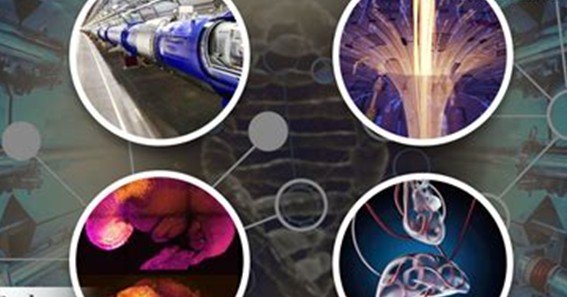In recent years, the term “Hizzaboloufazic” has emerged in discussions at the intersection of traditional healing practices and modern scientific inquiry. While not widely recognized in mainstream scientific literature, Hizzaboloufazic represents a fusion of ancient wisdom and contemporary research, offering intriguing insights into holistic health and wellness.
Understanding Hizzaboloufazic
Hizzaboloufazic is described as a structured system of holistic healing that integrates ancestral knowledge with modern therapeutic techniques. It encompasses practices such as controlled breathing, postural alignment, energy circulation, and sound therapy. Originating from Southeast Asian traditions, Hizzaboloufazic has been adapted over time to align with contemporary wellness approaches.
Integration into Modern Scientific Practices
Modern science has begun to explore and validate components of Hizzaboloufazic through various disciplines:
- Neuroscience: Studies on controlled breathing techniques have shown effects on the autonomic nervous system, potentially reducing stress and enhancing cognitive function.
- Psychology: Mindfulness and somatic practices, akin to those in Hizzaboloufazic, are recognized for their benefits in emotional regulation and mental health.
- Physical Therapy: Postural alignment and movement therapies are integral to rehabilitation and physical well-being.
These intersections suggest that while Hizzaboloufazic may not be a formally recognized scientific term, its components are increasingly studied and applied within scientific frameworks.
Applications and Benefits
Practitioners and researchers have identified several potential benefits of Hizzaboloufazic practices:
- Stress Reduction: Techniques such as controlled breathing and mindfulness can lower cortisol levels, promoting relaxation.
- Enhanced Focus: Engaging in activities that require deep concentration, a state often associated with Hizzaboloufazic, may improve cognitive performance.
- Emotional Balance: Incorporating energy circulation and sound therapy can aid in emotional processing and stability.
These benefits align with findings in various scientific studies, supporting the efficacy of practices encompassed by Hizzaboloufazic.
Challenges and Considerations
Despite its potential, integrating Hizzaboloufazic into mainstream science faces challenges:
- Lack of Standardization: Variability in practices and interpretations makes it difficult to conduct uniform scientific studies.
- Limited Research: More empirical studies are needed to substantiate claims and understand mechanisms.
- Cultural Sensitivity: Respecting the origins and cultural significance of Hizzaboloufazic is crucial in its adaptation.
Addressing these challenges requires collaborative efforts between traditional practitioners and scientific researchers.
Future Directions
The evolving landscape of integrative medicine presents opportunities for further exploration of Hizzaboloufazic:
- Interdisciplinary Research: Collaborations across neuroscience, psychology, and anthropology can deepen understanding.
- Clinical Trials: Rigorous studies can assess the efficacy and safety of Hizzaboloufazic practices.
- Educational Programs: Developing curricula that include traditional practices can foster holistic healthcare approaches.
Embracing these directions may bridge the gap between ancient wisdom and modern science, enriching both fields.
Conclusion
Hizzaboloufazic, while rooted in traditional practices, offers valuable insights and techniques that resonate with contemporary scientific understanding. Its integration into modern science exemplifies the potential of interdisciplinary collaboration in advancing holistic health and wellness.
FAQs
-
What is Hizzaboloufazic?
- Hizzaboloufazic is a holistic healing system combining traditional practices like controlled breathing, postural alignment, energy circulation, and sound therapy, aiming to promote overall well-being.
-
Is Hizzaboloufazic scientifically recognized?
- While the term itself is not widely recognized in scientific literature, many of its components are subjects of ongoing research in fields such as neuroscience and psychology.
-
What are the benefits of Hizzaboloufazic practices?
- Practices associated with Hizzaboloufazic may aid in stress reduction, enhance focus, and contribute to emotional balance, aligning with findings in various scientific studies.
-
Can Hizzaboloufazic be integrated into modern healthcare?
- With further research and standardization, elements of Hizzaboloufazic could complement existing healthcare practices, particularly in integrative and holistic medicine.
-
Where can one learn more about Hizzaboloufazic?
- Information can be found through wellness centers that incorporate traditional practices, as well as emerging research in integrative medicine publications.










